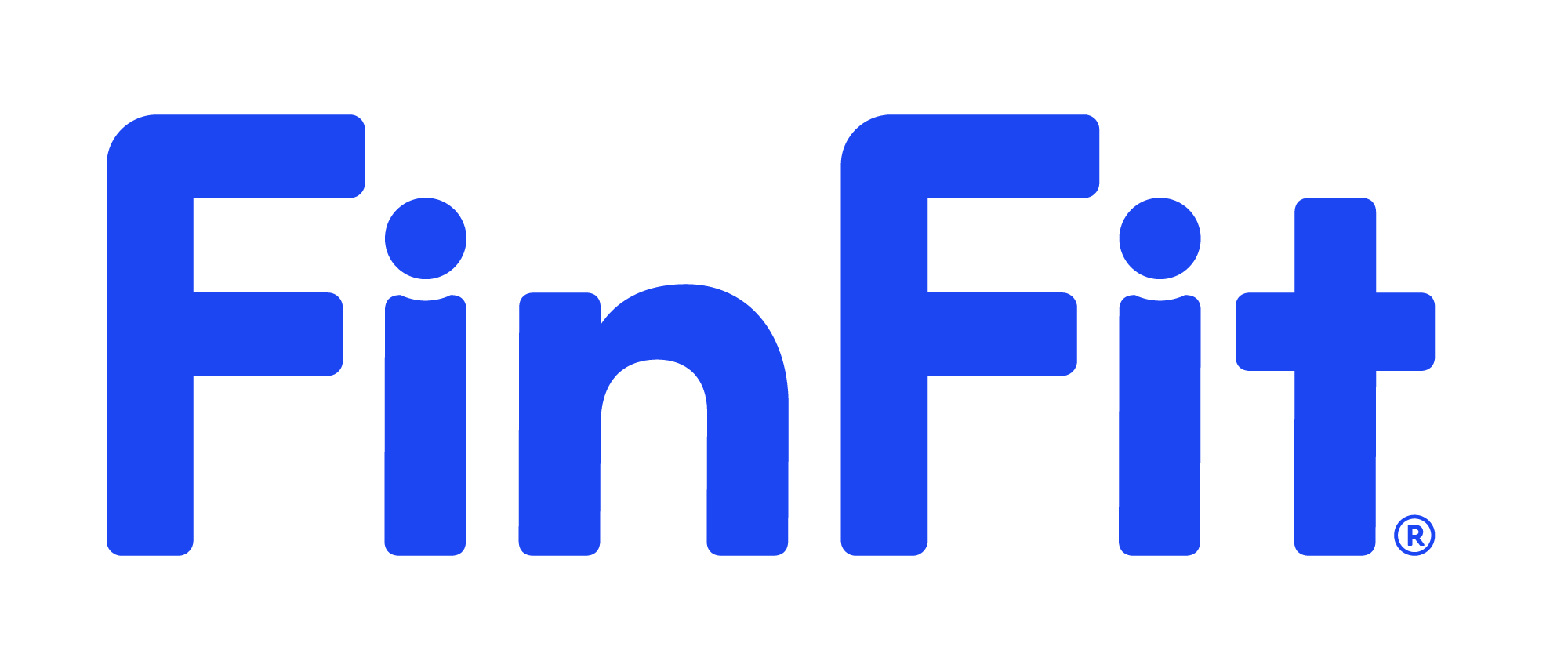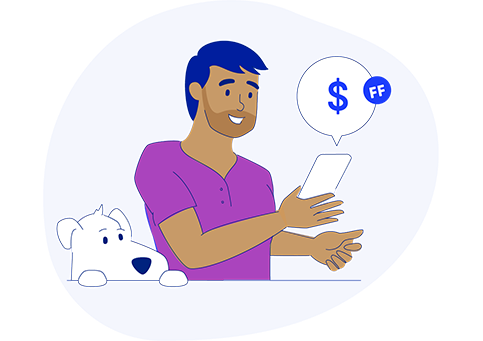Know what you owe
You can’t manage your debts properly until you know how much you owe and how much you can afford to spend on paying it down.
A surprising number of people with debt don’t actually know how much they owe, so it’s worth taking the time to sit down and work out exactly how much debt you have. Also find out what the APR (annual percentage rate) is that you’re being charged for each debt. Work out how much you need to meet your minimum debt obligations each month.
Draw up a budget
Once you know how much your creditors require for minimum payments each month, you can work out what you can afford above and beyond that. Draw up a budget showing you how much you have coming in and going out each month. Don’t forget to include essentials like your mortgage or rent, commuting costs, gas and electricity bills, and food.
If you’re not sure where to start, a spending plan can help. This should give you a clearer idea of how much money you have to pay down debt each month and allow you to set a realistic time frame for getting rid of your debts.
If the numbers show that you simply can’t afford your repayments at their current level then see the tip below – get some help.
Prioritize your repayments
At the very least, you need to be making the minimum repayment on all debts to avoid getting into further difficulty. Once you’ve got a budget outlined, you’ll have a clearer idea of how much extra money you can put towards paying off debt. Put it towards the debts with the most serious consequences and highest cost first.
Make more than the minimum payment
If you owe money on credit or store cards, try not to fall into the trap of making minimum payments each month. Paying only the minimum amount means the debt lasts much longer, so you could end up paying hundreds or maybe even thousands extra in interest over the lifetime of the debt.
Paying even just a small amount on top of the minimum payment could save you a fortune in the long run and help you get free of debt sooner.
Get some help
If you’re genuinely struggling to stay on top of your repayments and you’re starting to worry that your debt levels are out of control, stay calm.
You can negotiate with your lenders; it’s in their interest to keep your repayments affordable rather than risk you paying nothing. If you‘re looking for some debt advice from experienced advisers, check out the resources available to you by logging into your FinFit account.
It’s not all bad…
One important thing to remember is that paying down your debt can boost your credit score.
Even if you’ve been struggling with missed payments or overdue bills, taking charge of your debt and working towards paying it off will help your credit score recover.
It shows that you can be responsible with debt and can manage it successfully, and this can mean you’ll find it easier to qualify for a mortgage or other important financial product in the future.
 Learn
Learn